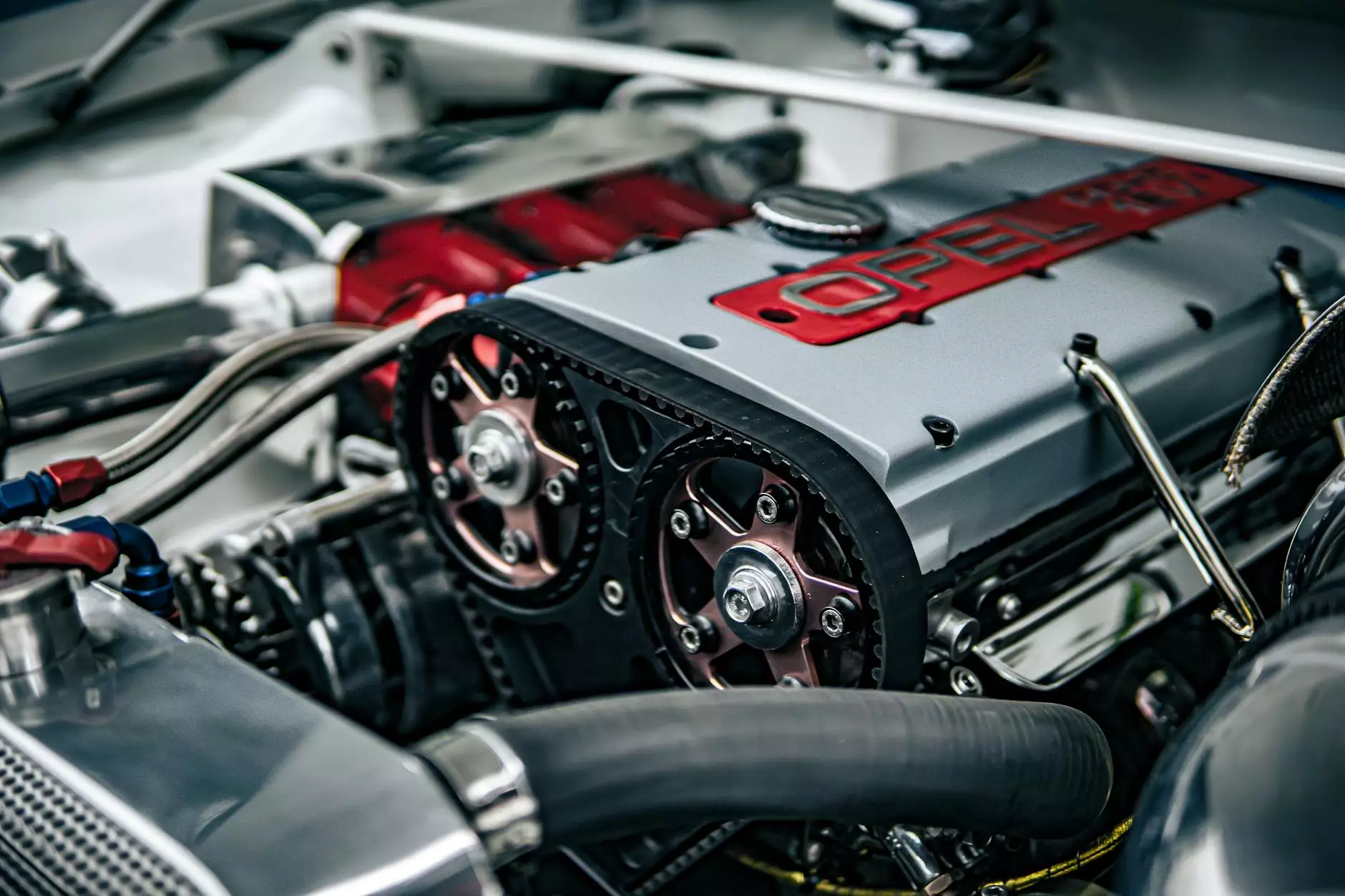Understanding Torque Converters: A Key Component in Automotive Performance

In the world of automotive technology, few components are as critical and often misunderstood as the torque converter. This essential element, found in automatic transmission systems, plays a pivotal role in the overall functionality of vehicles. In this article, we will delve into the intricacies of torque converters, explaining both their mechanics and importance in enhancing vehicle performance. Whether you're a seasoned mechanic or a casual car enthusiast, understanding this component can greatly enhance your knowledge of automotive systems.
What is a Torque Converter?
A torque converter is a type of fluid coupling that connects the engine to the transmission in an automatic car. It serves several vital functions:
- Transmission of Power: It transmits engine power to the transmission.
- Fluid Coupling: It allows for smooth engagement and disengagement of power between the engine and transmission.
- Multiplication of Torque: It enables the engine to provide power at various RPM, multiplying torque during acceleration.
The Mechanics of Torque Converters
To fully comprehend the significance of a torque converter, it is essential to understand its mechanics. A torque converter consists of three main components:
1. Pump
The pump is directly connected to the engine and works by creating fluid movement. When the engine is running, it spins the pump, which pushes fluid through the torque converter, enabling it to operate.
2. Turbine
The turbine is connected to the transmission. It receives the fluid flow from the pump, converting the fluid pressure into mechanical energy, thus turning the transmission input shaft.
3. Stator
The stator is located between the pump and turbine. Its role is to redirect the fluid returning from the turbine back to the pump. This redirection enhances efficiency by increasing torque multiplication, especially during acceleration.
How Torque Converters Work
The operation of a torque converter can be broken down into several stages:
- Engine Power Generation: The engine generates power as it runs.
- Fluid Movement: This power drives the pump within the torque converter, circulating transmission fluid.
- Torque Multiplication: As the fluid flows to the turbine, a torque multiplication effect occurs, particularly at low speeds and during acceleration.
- Transmission Engagement: Once the vehicle reaches cruising speed, the torque converter may lock up, providing a direct drive from engine to transmission, which enhances fuel efficiency.
The Importance of Torque Converters in Automotive Performance
Torque converters play a significant role in enhancing automotive performance in various ways, such as:
1. Smooth Acceleration
One of the most noticeable benefits of a torque converter is the smooth transition between gears. Unlike manual transmissions, which require driver input for gear changes, automatic transmissions equipped with torque converters provide seamless performance, allowing for uninterrupted acceleration.
2. Enhanced Fuel Efficiency
The lock-up feature in modern torque converters helps improve fuel efficiency. When engaged, it minimizes slippage between the engine and transmission, allowing for more direct power transfer, thus reducing fuel consumption at highway speeds.
3. Improved Vehicle Control
Torque converters provide better vehicle control, especially when tackling inclines and declines. By assisting the engine during low-speed maneuvers, they help prevent stalling, which is particularly beneficial for heavy vehicles or those towing loads.
Types of Torque Converters
Understanding the different types of torque converters can further enhance your knowledge and appreciation of automotive engineering. The main types include:
1. Standard Torque Converters
These are the most common types found in regular automatic transmissions. They offer a balance of efficiency and performance for everyday driving.
2. High-Performance Torque Converters
Designed for high-performance applications, these converters provide higher stall speeds and improved torque multiplication, making them ideal for racing or performance-oriented vehicles.
3. Lock-Up Torque Converters
These feature a locking mechanism that engages under certain conditions to create a direct drive. This results in increased fuel economy and reduced engine wear during highway driving.
Choosing the Right Torque Converter
When selecting a torque converter, consider the following factors:
- Vehicle Type: Different vehicles may have varying requirements based on their weight, power, and intended use.
- Performance Goals: Determine whether you require a converter for regular driving, towing, or racing applications.
- Compatibility: Ensure the chosen torque converter is compatible with your vehicle's transmission and engine setup.
Maintaining Your Torque Converter
Proper maintenance of the torque converter is essential for optimal performance. Here are some tips:
1. Regular Fluid Changes
Transmission fluid plays a critical role in the functioning of a torque converter. Regularly checking and changing the transmission fluid can help prolong the life of the torque converter.
2. Monitor Transmission Performance
Pay attention to any changes in driving dynamics, such as slipping, harsh shifting, or unusual noises, which may indicate torque converter issues.
3. Professional Inspection
Periodically having your vehicle inspected by a professional can help catch potential problems before they escalate, ensuring that both your torque converter and transmission are functioning optimally.
Conclusion
In conclusion, the torque converter is a crucial component of modern vehicles that greatly influences performance, efficiency, and driveability. Whether you're looking to improve your understanding of automotive mechanics or are in the market for a new converter, knowing the ins and outs of how torque converters work can lead to better decision-making when it comes to automotive purchases and maintenance. At shenghaiautoparts.com, we specialize in providing high-quality automotive parts, including torque converters, ensuring that you have access to the best components for your vehicle's needs.









